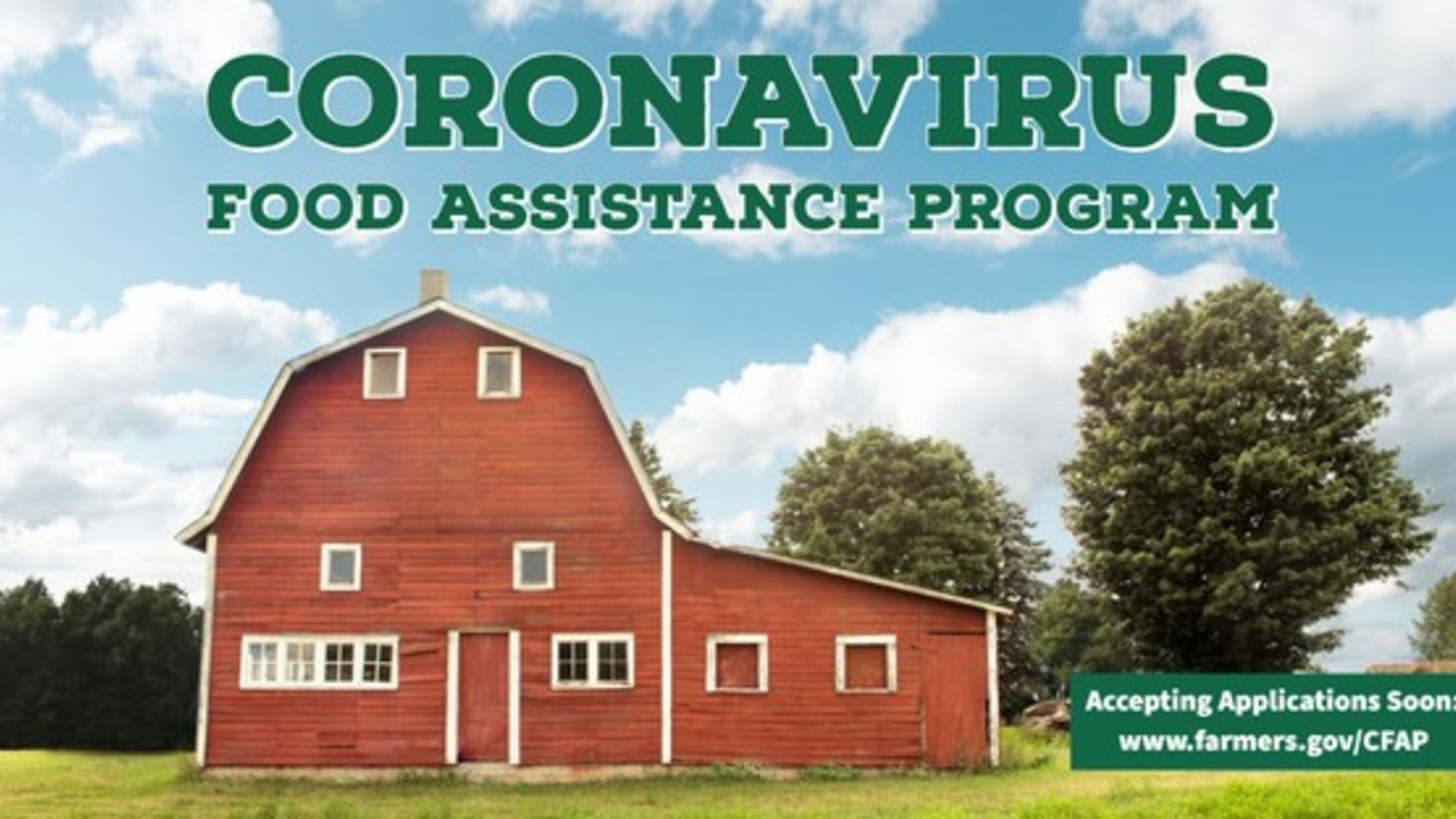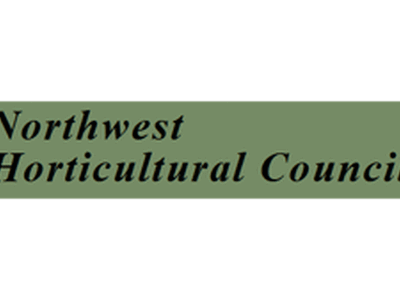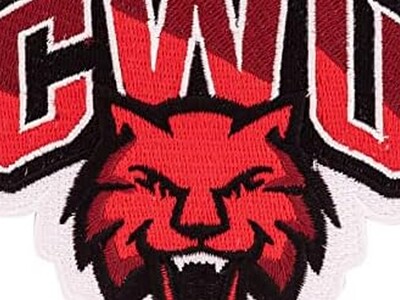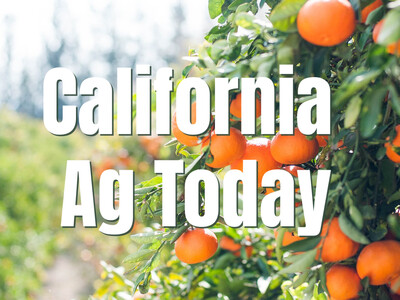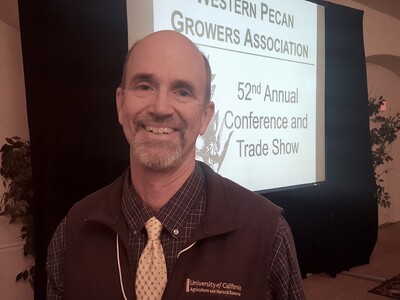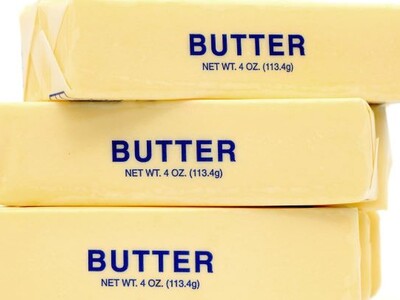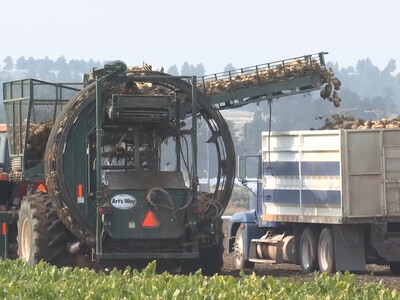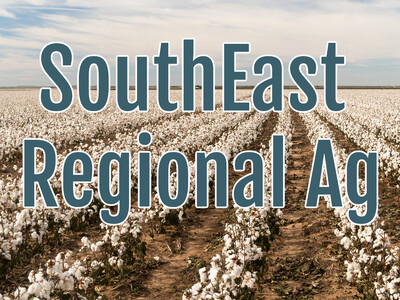CFAP Changes Pt 1
With today’s Fruit Grower Report, I’m Bob Larson. Additions have been made to the Coronavirus Food Assistance Program that include commodities grown in Washington and around the Pacific Northwest.U.S. Representative Dan Newhouse says last week’s announcement is very good news for northwest producers …
NEWHOUSE … “Well, it absolutely is. And, you’re right, a long list of additional crops were published that would become eligible for the CFAP resources, but some clarification as well.”
The crops now included with CFAP, Newhouse says are big here …
NEWHOUSE … “Included on those are potatoes, apples, blueberries, a whole host of different things that I think will be key for our agricultural industry around the country.”
Newhouse says the work has have been well worth it …
NEWHOUSE … “As you know, I’ve been very involved in leading efforts to educate the Agriculture Secretary as to the need for our producers to be a part of this program. So, I’m just very happy that they have made this announcement. I think it’s going to be a big boost to many of our producers and hopefully will be that extra assistance that they will need in order to get over the impacts of the coronavirus pandemic.”
Newhouse says the CFAP has been a work-in-progress …
NEWHOUSE … “Not only did it include additional commodities, but it also provides clarifying language so that it truly would be a benefit for our apple producers.”
Newhouse says he appreciates Secretary Perdue’s willingness to listen to their concerns and make the adjustments.
Tune in tomorrow for more on the CFAP changes and how we got here.
####
BL: Welcome back to another “Fruit Bites” brought to you by the good folks at Valent U.S.A. And with us as always is Valent’s Allison Walston. And this week Allison, let’s talk about Woolly Apple Aphids.
AW: Woolly apple aphids are named due to the white cottony, waxy filaments that surround and protect the soft bodied aphid. This covering also makes controlling this aphid rather difficult due to the extra barrier of waxy protection. And you can start seeing them in the tree canopy this time of year.
BL: So, I take it the Woolly Apple Aphid is tough on apples?
AW: Yes, they feed on twigs & branches, producing honeydew droplets that grow sooty mold on the apples, and they can gather in the stem bowl and calyx end causing export issues. They overwinter underground on the roots, where feeding leaves galls that stress the trees. The Malling rootstock series was actually developed to be resistant to woolly apple aphids and the Geneva rootstock series has some resistance too.
BL: Well, thanks Allison. Join us again next time for more Fruit Bites, brought to you by Valent. Until then, I’m Bob Larson.


